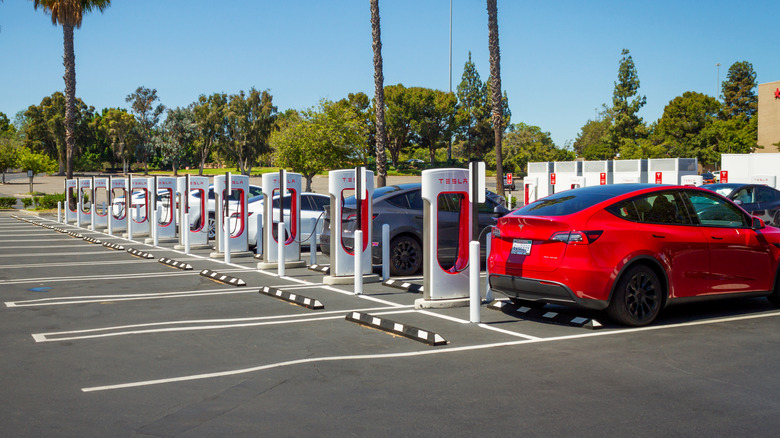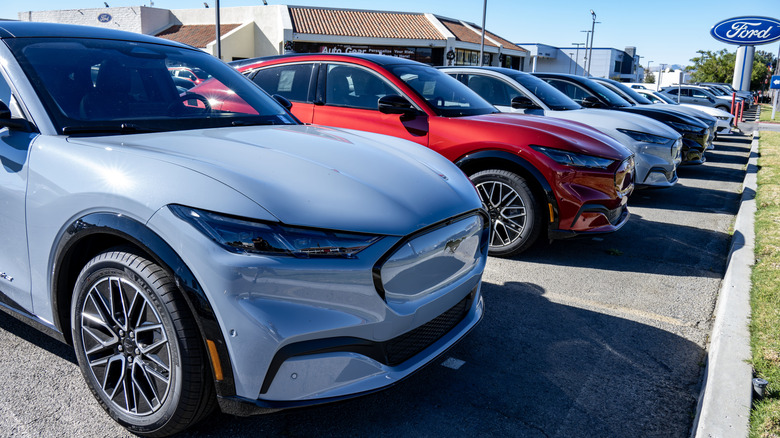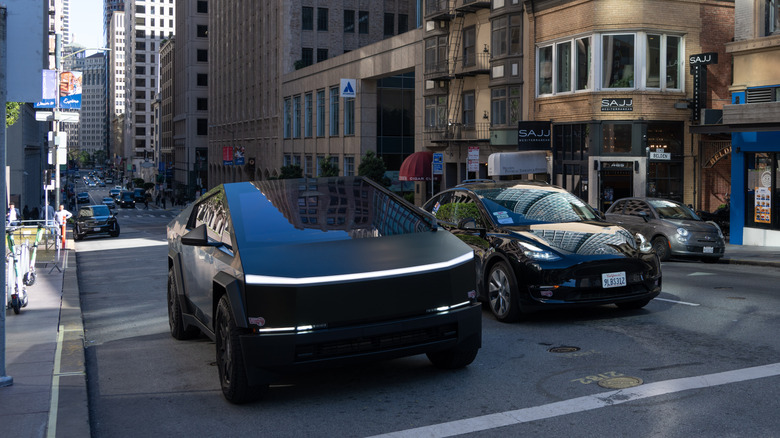California Scraps State EV Tax Credit Plan (And Blames GM For It)
California Governor Gavin Newsom has made it official: His state won't be replacing the $7,500 federal tax credit for electric vehicle buyers that's set to expire at the end of September. With this, Newsom has gone back on his previous stance, formerly pledging to restart the program with California's own EV subsidies.
The governor blamed budgetary constraints, but he also pointed a finger at another thing he believes is holding the state back: General Motors Co. and the automaker's fight over climate rules. Though GM continues to make big changes of its own, Newsom said the company destroyed all progress made since the start of the California Air Resources Board in 1967.
Governor Newsom said the state simply didn't have the billions of dollars that would have been required annually in order to fill the gap left by the loss of federal EV credits. In place of new credits, he committed to giving more state funds to EV charging infrastructure. (Some residents of the state still might be eligible for an e-bike rebate.)
The decision comes after the federal government's own repeal
All of this is in resonse to President Donald Trump's administration, which saw Congress move to repeal EV incentives first put into place under President Joe Biden's Inflation Reduction Act. The decision brings an end to years of federal support for EV purchases, and it's a shift that could radically reshape consumers' buying habits (not to mention the country's largest auto market, California).
Governor Newsom's new position goes back on one he originally made in 2023, back when California's 13-year-strong clean car rebate program first closed. That program gave out nearly $1.5 billion in incentives and helped residents purchase nearly 600,000 vehicles in all. At the time, Newsom vowed to provide for the state if federal incentives disappeared. Jump ahead to 2025, the governor's office now says there's a $12 billion deficit on top of other demands competing for extra budget (including wildfire suppression and high-speed rail).
How California's EV credit could return
Electric vehicle makers including Rivian, Hyundai, and Volkswagen have all pressed California to create a new state incentive. Even so, Governor Newsom insisted GM and its CEO Mary Barra were to blame for the way they led the lobbying efforts that eventually persuaded Congress to repeal Biden-era EV measures and killed California's EV mandate that would have banned new gasoline-powered vehicle sales after 2035.
Prior to the rollback of the EV tax credit, California accounted for more than 25% of national EV sales. Time will tell just how drastically the loss of the federal credits will impact that percentage in years to come. Also: California could still revive an incentive program next year if revenues from its cap-and-trade carbon market bring in enough money to work with. For now, the state will be shifting focus on expanding charging networks and promoting zero-emission goals without directly giving buyers a tax credit.


